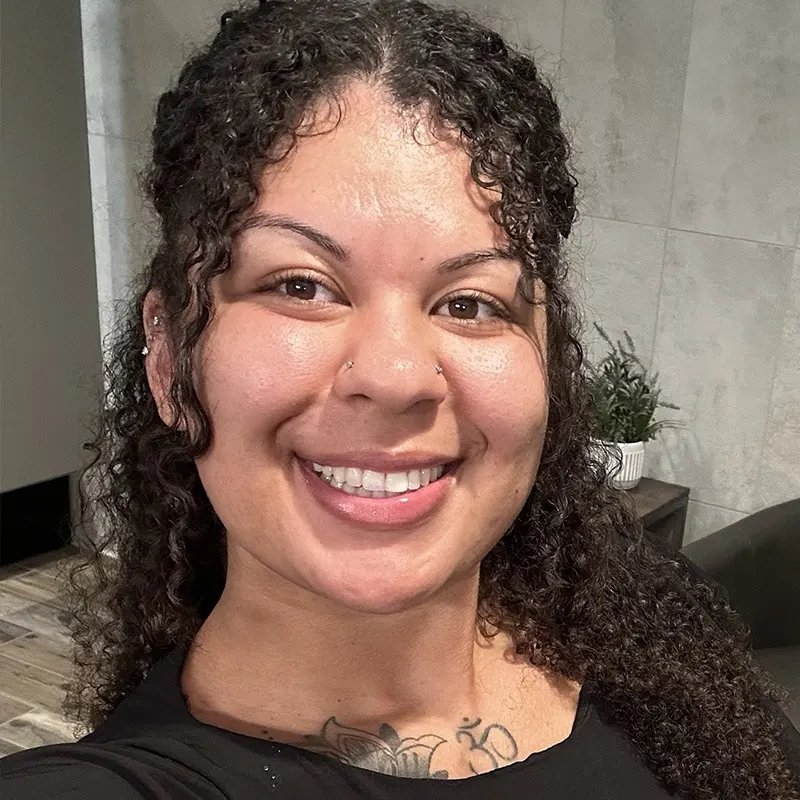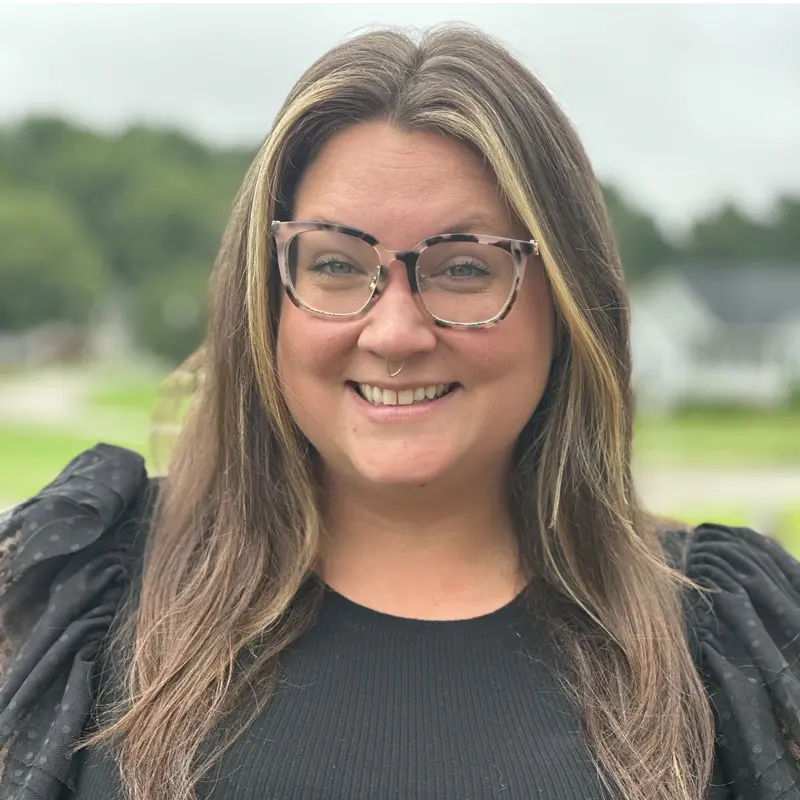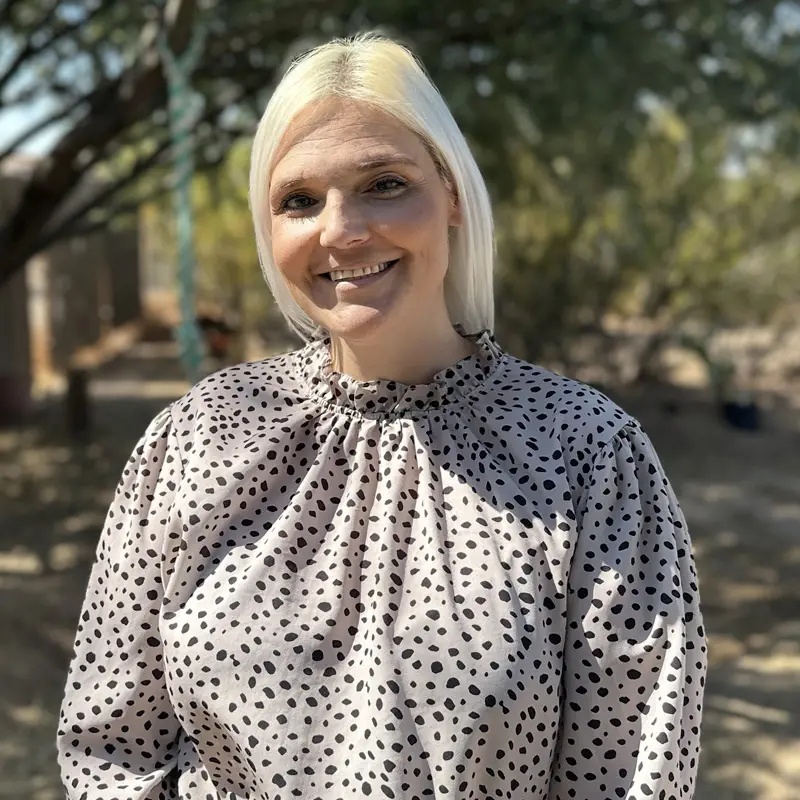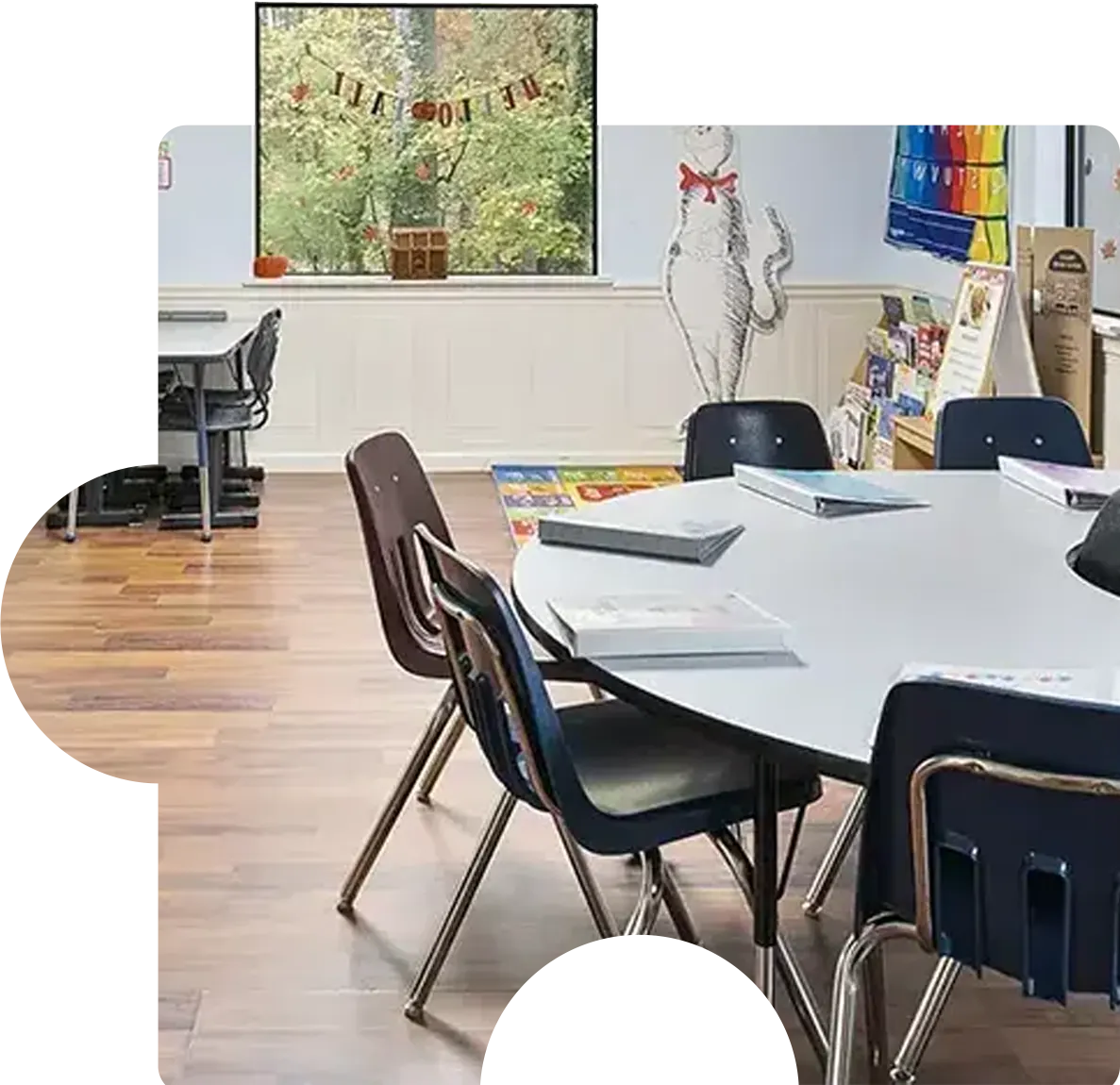
Therapy Services
Cardinal ABA In Clinic
Here at the Cardinal Pediatric Therapies, we understand how critical it is to get early help for kids with developmental delays or diagnoses. Our in-clinic ABA therapy features a unique 1:1 group setting, tailored to your child’s special needs. We provide complete services in North Carolina, aiming to enhance their life.
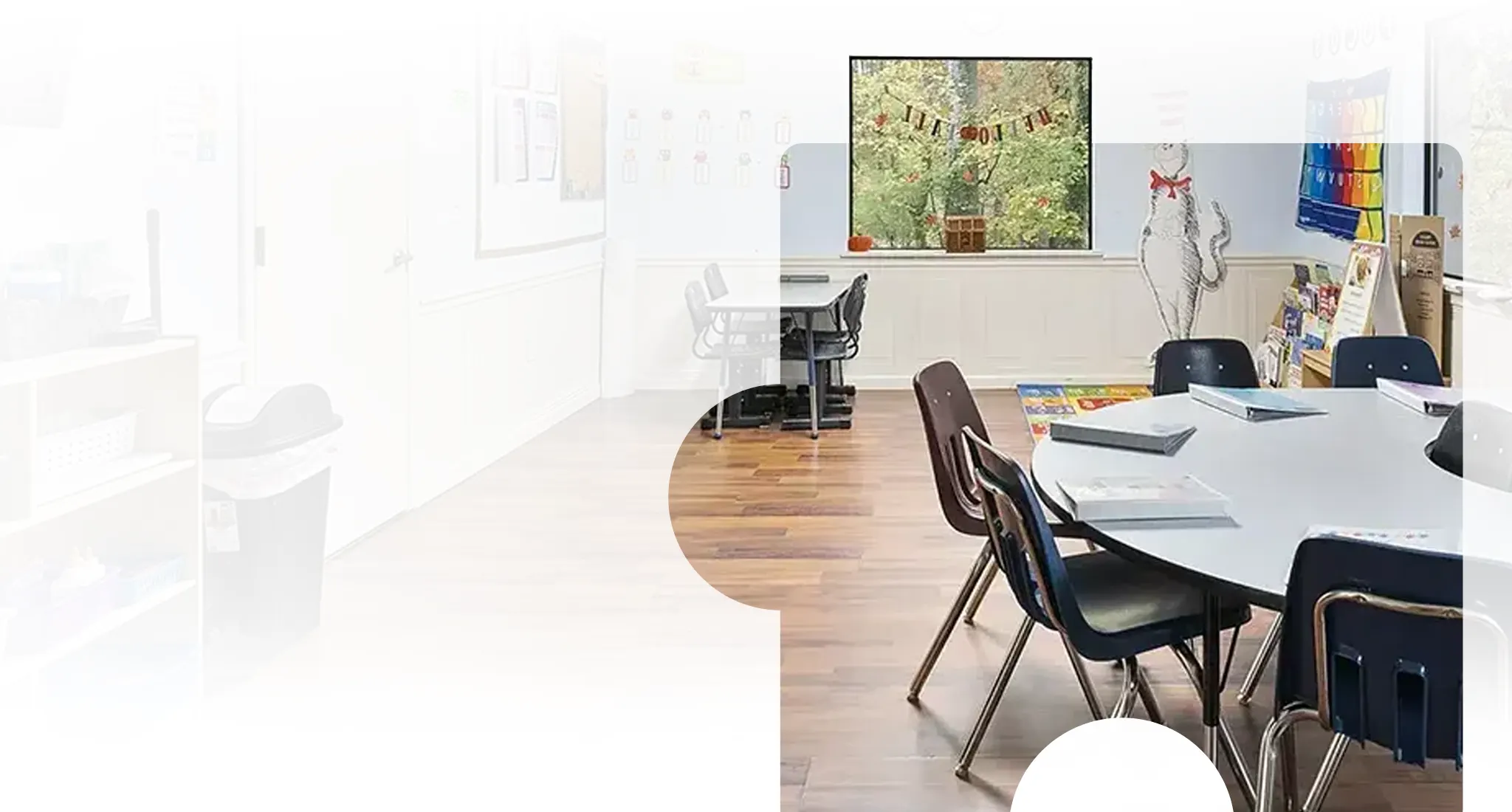
Why Choose Cardinal For
ABA In-Clinic ABA Therapy?
Our mission at the Cardinal Pediatric Therapies is to transform lives through dedicated, child-centered care.
Here’s what we offer:
Comprehensive Assessments: Each child undergoes a thorough behavioral assessment, which helps us tailor our interventions to their specific needs.
Personalized Treatment Plans: Developed based on assessment results, these plans target individual goals and are regularly updated to reflect progress and evolving needs.
Ongoing Support: Our commitment extends beyond the clinic, with strategies and support for families to continue therapy goals at home.
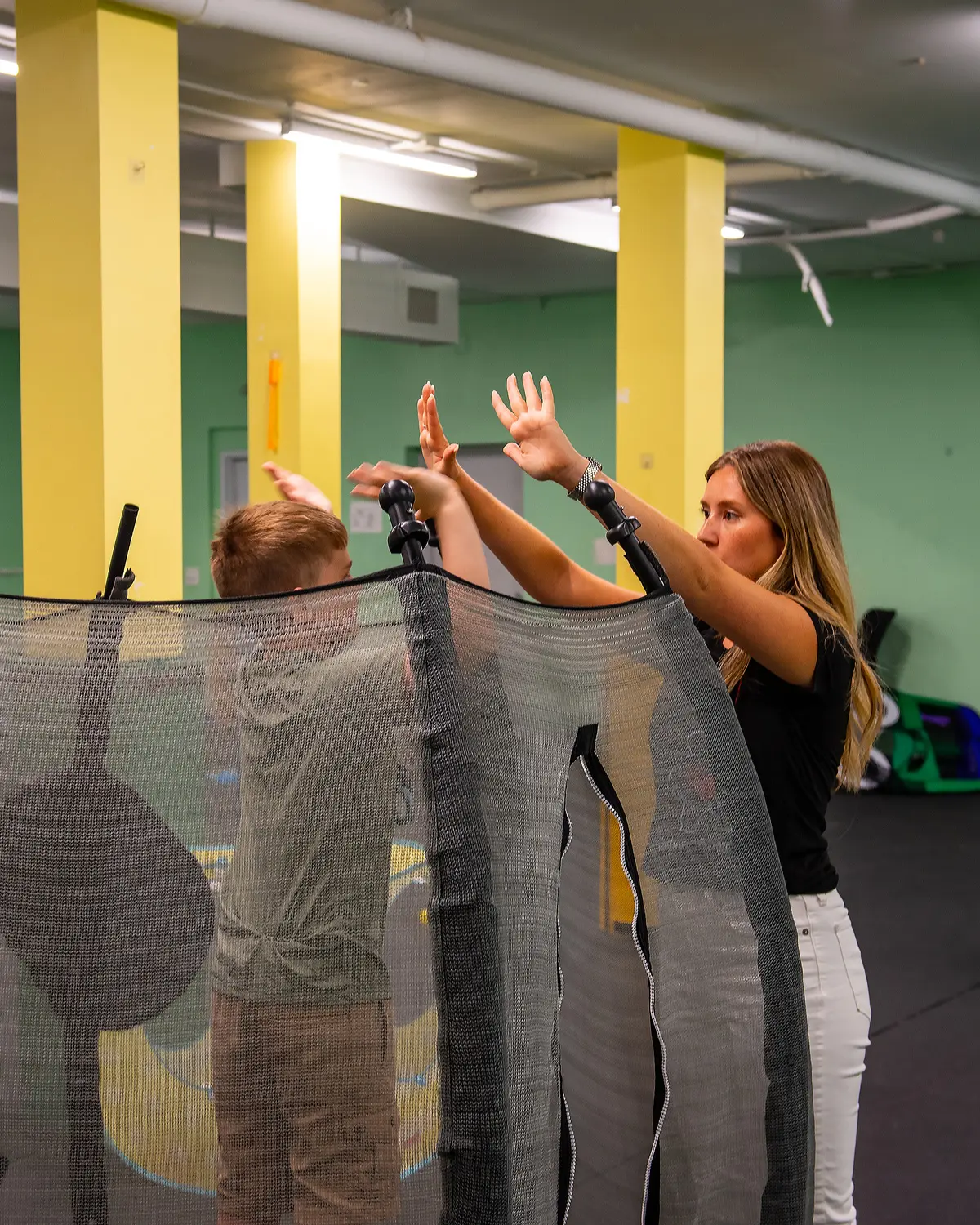
Our team comprises Board Certified Behavior Analysts (BCBAs), Registered Behavior Technicians (RBTs), and specialists with advanced training in early childhood and autism spectrum disorders. Their expertise and passion are evident in every session, making each child’s potential attainable.
Cardinal's
Locations
Cardinal Services in
Phoenix, Arizona
- Ages:
- 2 - 18 years
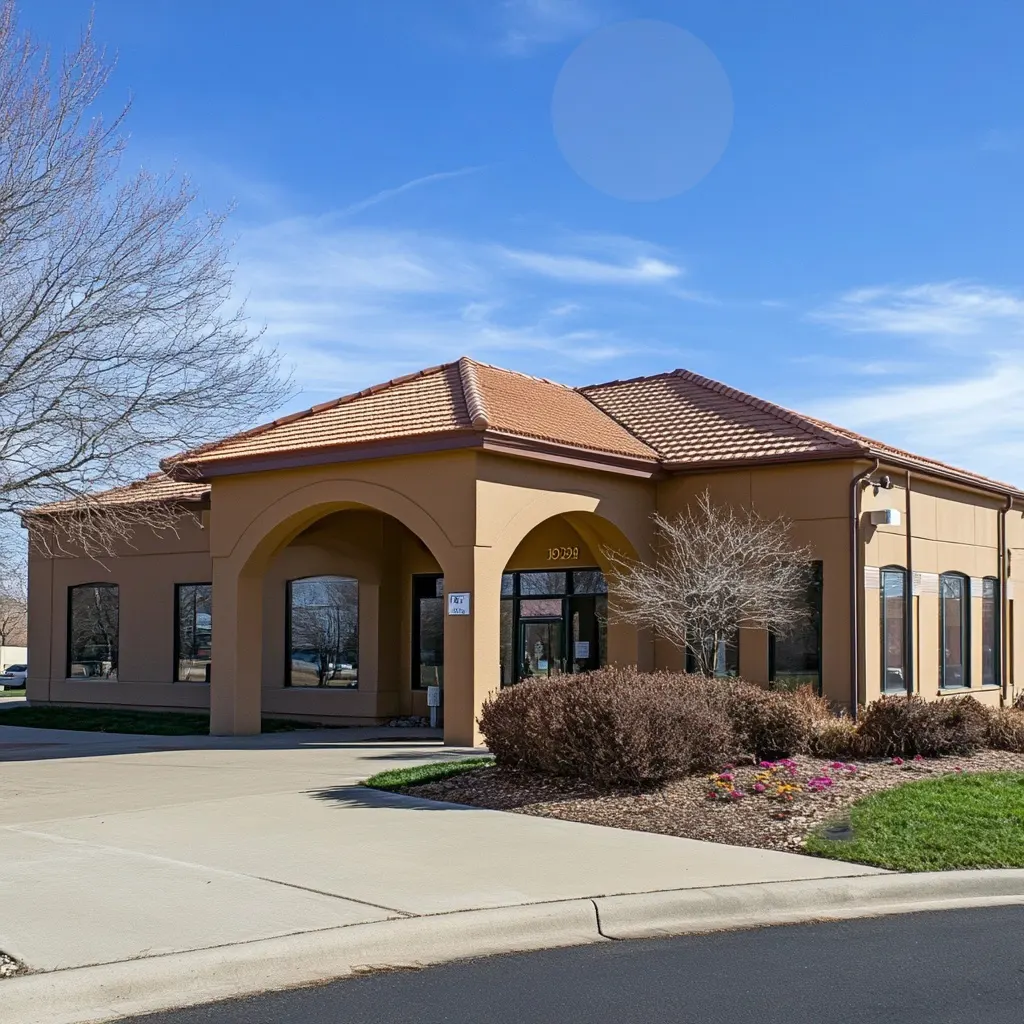

Cardinal Services in
Cary, North Carolina
- Ages:
- 2 - 18 years
Cardinal Services in
Wilmington, North Carolina
- Ages:
- 2 - 18 years
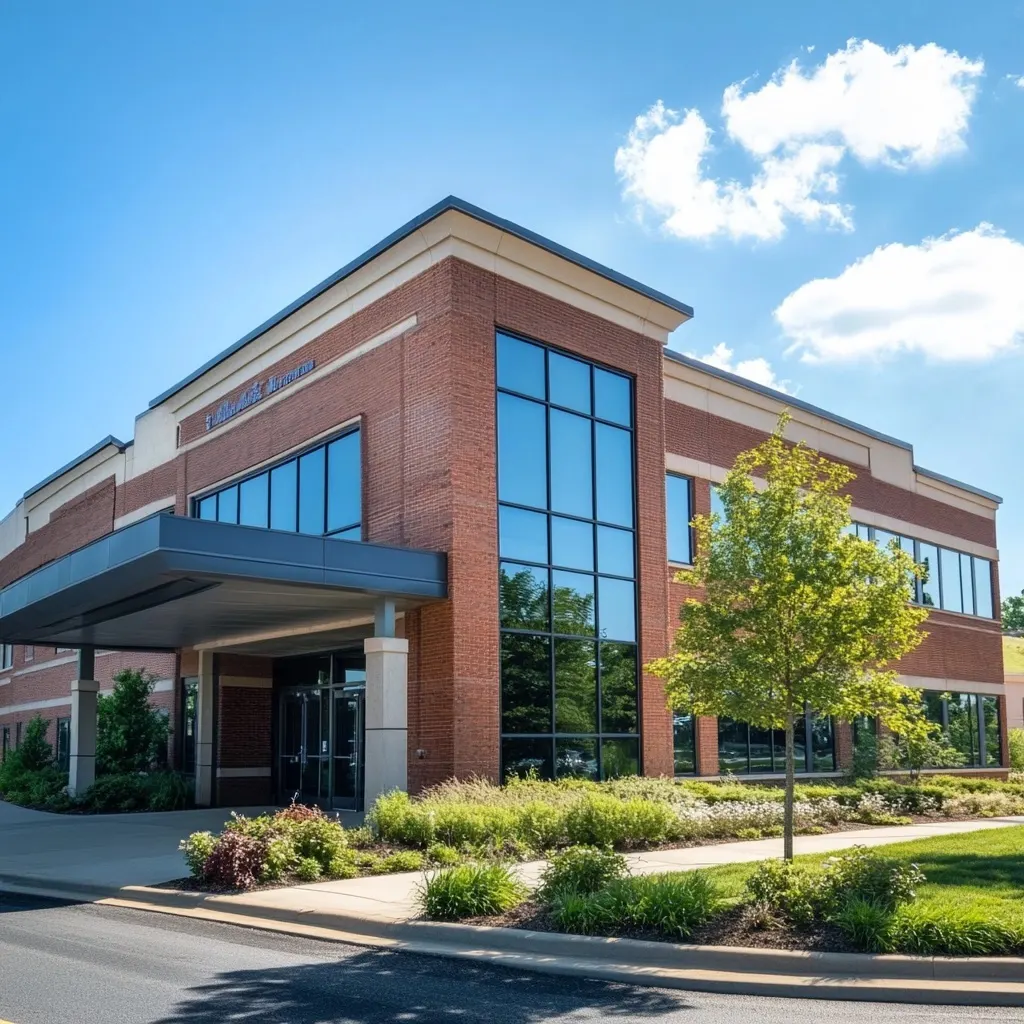
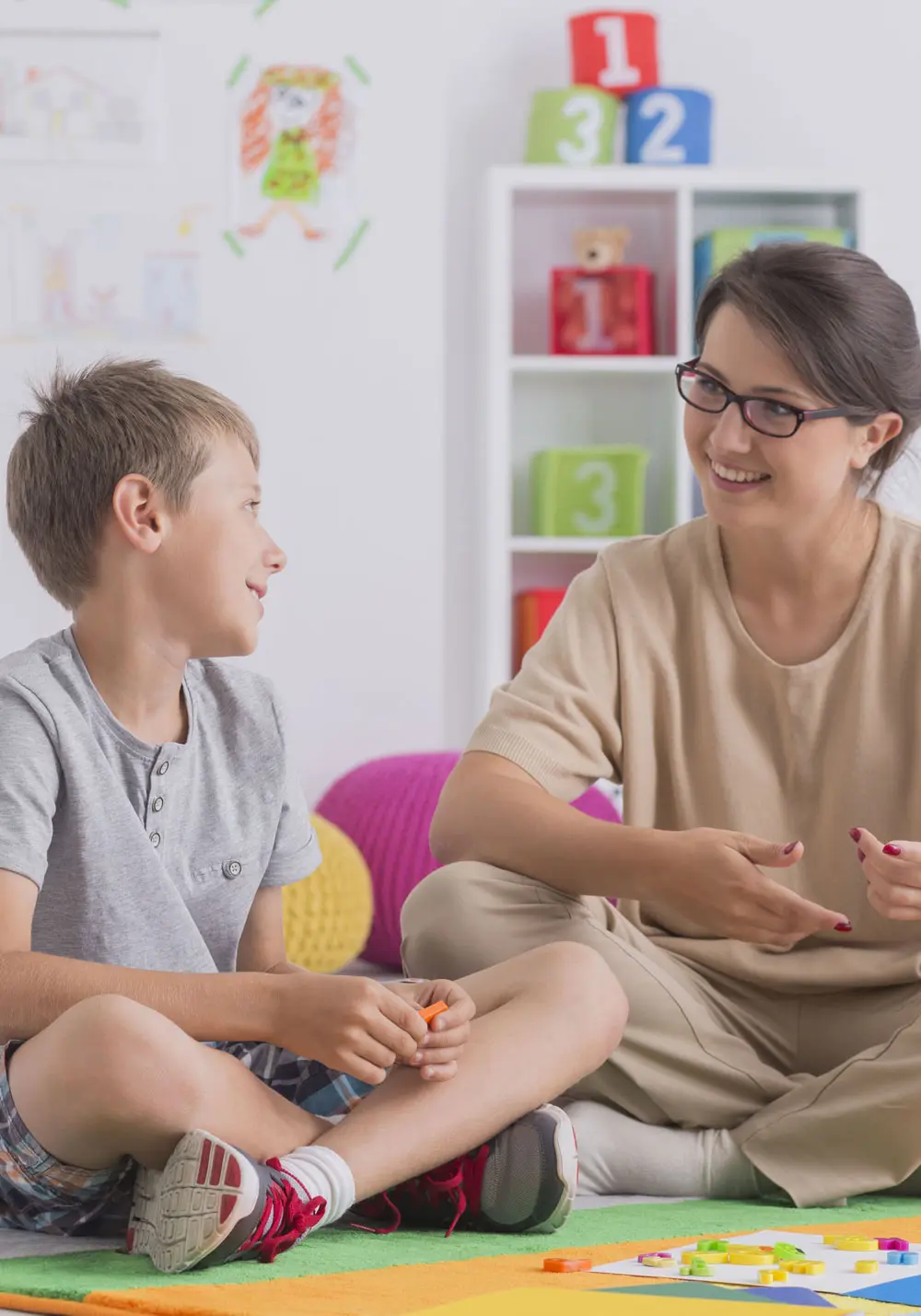
Building Confidence and Skills for a Brighter Future
Empower Your Child for School Success with In-Clinic ABA Therapy
Spotting the early signs of developmental delays and quickly addressing them is key to a child’s future, especially those who might find traditional learning settings difficult. At Cardinal, our In-Clinic ABA Therapy is specially designed to prepare your child for school. By using techniques from Applied Behavior Analysis (ABA), we focus on encouraging functional behaviors that benefit learning. This process helps to steadily build and boost vital skills needed for success at school.
The Power of Early Intervention:
In-Clinic ABA Therapy
Our specific program focuses on fostering needed skills and encouraging independence. From helping with communication and social interactions to promoting self-control and readiness for school, we adapt our methods for each child’s needs. Let our committed therapists support your child’s development and guide them towards thriving in their educational journey.
At the core of our In-Clinic ABA Therapy program lies the development of fundamental skills that are essential for a child’s success in school and beyond. These key areas of focus include:
- Communication:
Our program emphasizes improving both verbal and non-verbal communication skills, helping children express their needs and understand instructions, which are crucial for classroom interaction.
- Social Interaction:
We focus on developing the ability to participate in group activities, share with peers, and engage in cooperative play, which is vital for navigating the social landscape of school.
- Behavioral Adaptation:
Children learn to adjust their behaviors in response to different school settings, enhancing their ability to transition between activities and manage new situations with less stress.
- Self-Regulation:
We teach strategies for managing emotions, focusing attention, and controlling impulses, essential for academic success and positive social interactions.
- Academic Readiness:
Our program builds foundational skills in areas like pre-reading, pre-math, and cognitive development, preparing children for academic challenges.
Unlocking Growth, Confidence, and Independence
Benefits of In-Clinic ABA
Choosing the right setting for ABA therapy can significantly affect its effectiveness. In-clinic ABA therapy at Cardinal combines the benefits of individualized attention with the dynamics of a group setting. This blend not only facilitates focused learning but also allows children to practice newly acquired skills in real-time with peers under the guidance of our therapists.
What Makes In-Clinic ABA Different:
- Peer Learning Opportunities:
Children participate in group activities that encourage social learning and problem-solving, which are often more challenging to replicate in home-based therapy.
- Controlled Learning Environment:
Our clinics are designed to provide a structured and distraction-free setting that helps children focus on learning and interacting without the unpredictable variables of home or school environments.
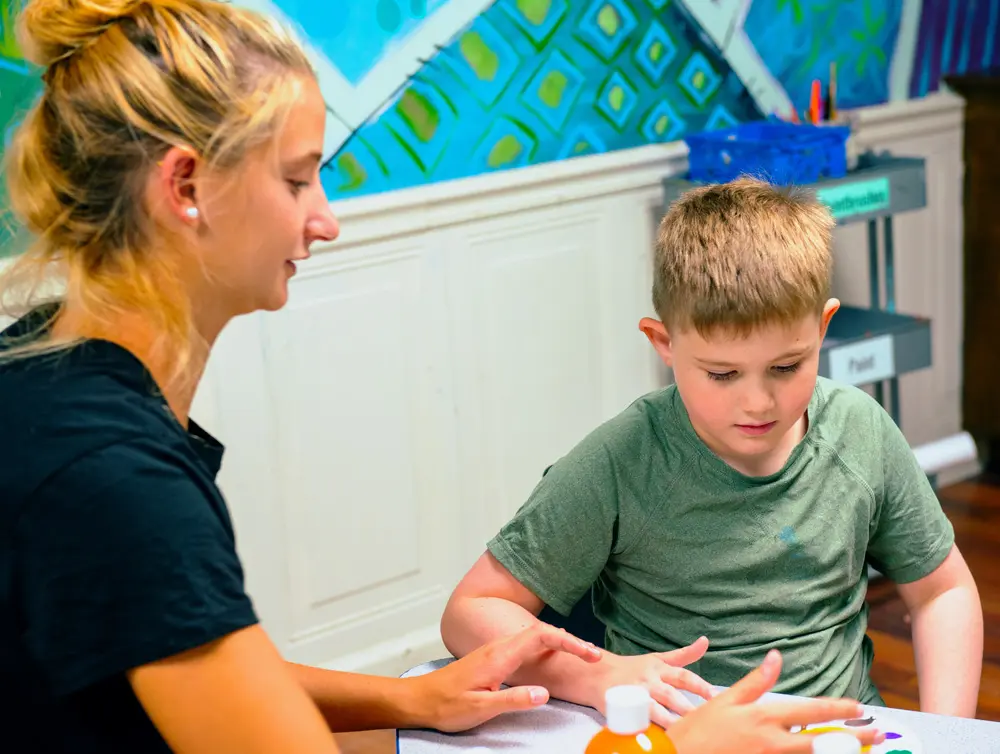
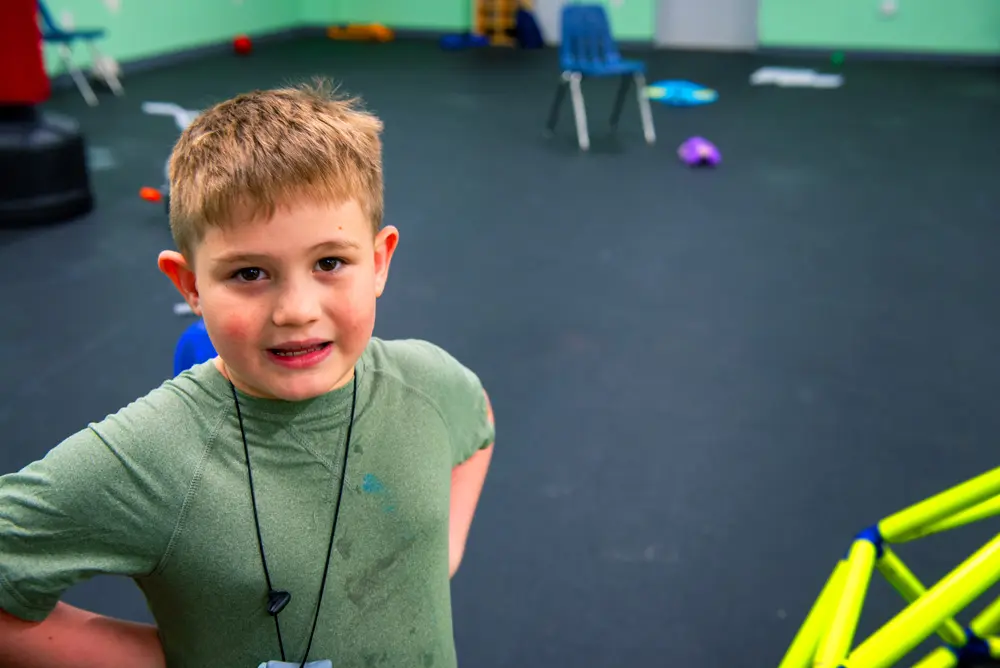
Helping You Make the Best Choice for Your Child’s Growth
Is In-Clinic ABA Right for My Child?
Choosing an appropriate therapy setting is crucial and should be reflective of your child’s preferences and needs. Consider in-clinic ABA if your child:
- Finds joy and motivation in being around other children, benefiting from the natural modeling that occurs in group settings.
- Shows positive responses to structured schedules, which provide a sense of security and predictability.
- Needs a consistent, professionally controlled environment to focus effectively and minimize distractions that might impede learning.

Resources for Autism Caregivers:
Your ABA Information Hub
At Cardinal, we recognize that navigating your child’s autism journey can be challenging. Our in-clinic services extend beyond therapy for your child to provide essential resources and support for you as well. We believe that parents and caregivers are invaluable partners in their child’s progress.
Now Trending




ABA Clinics Should Be Ran by BCBAs, Here’s Why

What Is Parent Training for Autism and How Can It Help Your Child?
Your Questions About In-Clinic
ABA Therapy Answered
What ages of children do you serve with in-clinic ABA therapy?
Our in-clinic ABA therapy services are designed for children from early childhood through adolescence. Specifically, we cater to children as young as 18 months old up to 12 years old, focusing on interventions that are age-appropriate and developmental stage-specific.
How is progress tracked and communicated to parents?
Progress is meticulously tracked through regular assessments and data collection during each session. We communicate progress to parents through detailed reports and regular meetings to discuss their child’s achievements and adjust therapy goals as necessary.
Can in-clinic ABA therapy be combined with other forms of therapy my child is undergoing?
Absolutely, our in-clinic ABA therapy can be integrated with other therapeutic interventions such as speech therapy, occupational therapy, or physical therapy. We often collaborate with other specialists to provide a holistic approach to your child’s development.
What training and background do your therapists have in ABA therapy?
Our therapists are highly qualified, holding certifications such as Registered Behavior Technician (RBT) and Board Certified Behavior Analyst (BCBA). They have extensive training in ABA principles, child psychology, and specialized interventions for various developmental disorders.
How do you handle challenging behaviors during therapy sessions?
Challenging behaviors are addressed through preventive strategies and individualized behavior intervention plans. Our therapists are trained in crisis management and use positive behavior supports to decrease challenging behaviors while teaching functionally equivalent replacement behaviors effectively and ethically.
How does in-clinic therapy prepare my child for group learning environments like school?
In-clinic therapy focuses on developing skills essential for school success, such as following group instructions, interacting with peers, and transitioning between tasks. Our group sessions simulate a classroom environment, which helps children adapt to and thrive in school settings.
Are there any support groups or resources for parents and families involved in your program?
Yes, we offer support groups and workshops for parents and families. These resources provide additional support and education on ABA therapy and related topics, facilitating a community network that fosters shared learning and experiences among families.
How frequently are therapy goals and progress reviewed and updated?
The review and update of therapy goals and progress generally happens every six to twelve weeks. This can vary based on the individual progress and changing needs of the child. Data collection and analysis are consistently performed during therapy sessions to inform these modifications.
Is in-home ABA therapy effective for older children or teenagers?
Certainly, in-home ABA therapy can be instrumental for children and adolescents of all age groups. The tactics and specific interventions are customized in accordance with each client’s age, developmental stage, unique needs, and goals.
What support is available for parents and caregivers outside of scheduled therapy sessions?
At Cardinal, we offer a comprehensive support system for parents and caregivers that includes educational training sessions, customized resources, and steadfast communication routes. With these measures, families can enhance their understanding of ABA therapy, learn effective strategies to foster positive behavior at home, and witness the ongoing progress made throughout the therapeutic journey.
Questions? Get in Touch!
We're here to help




